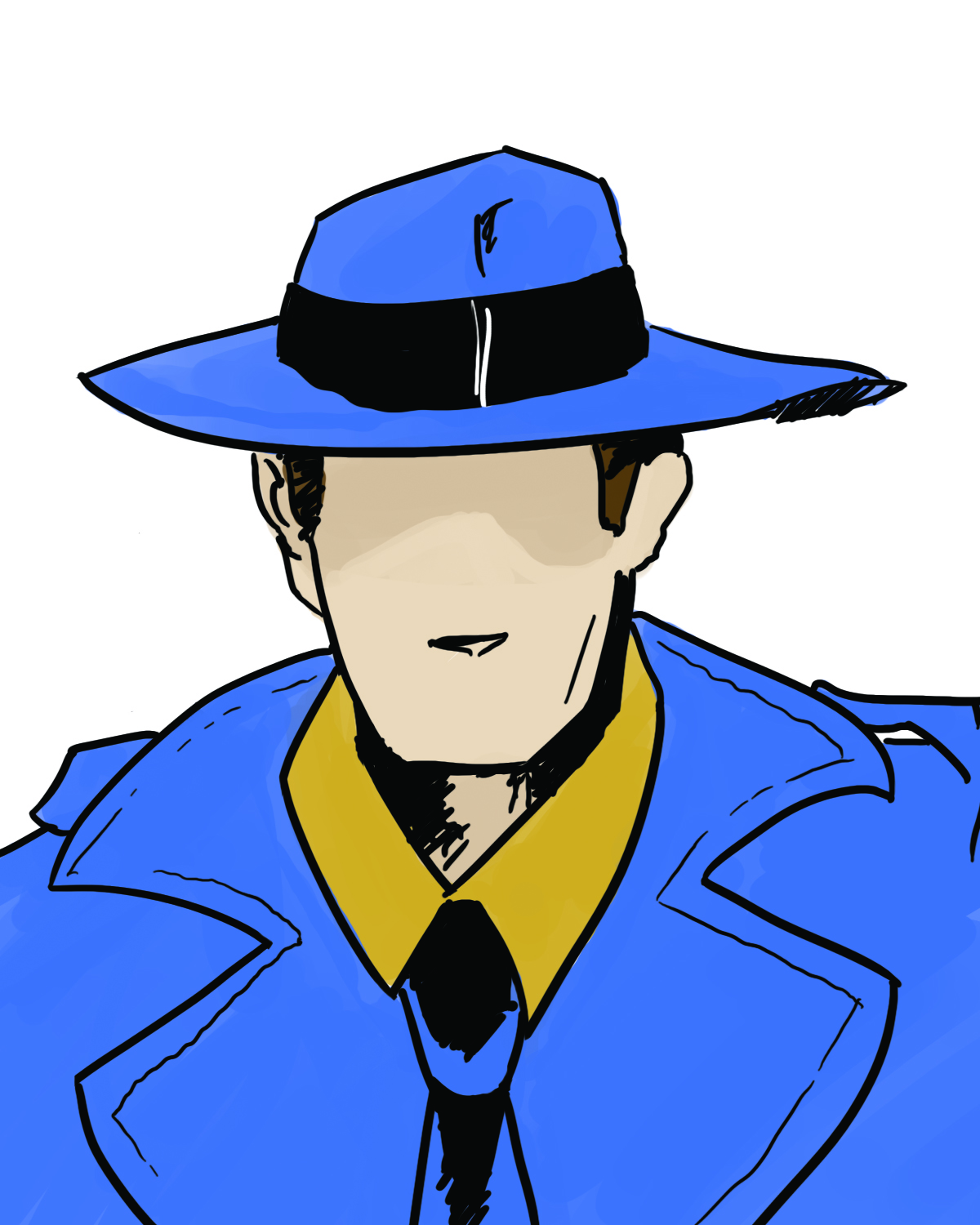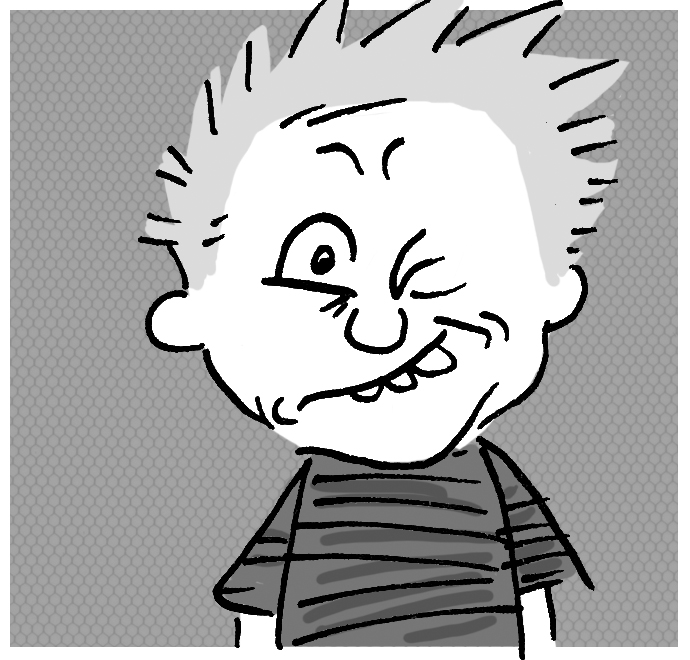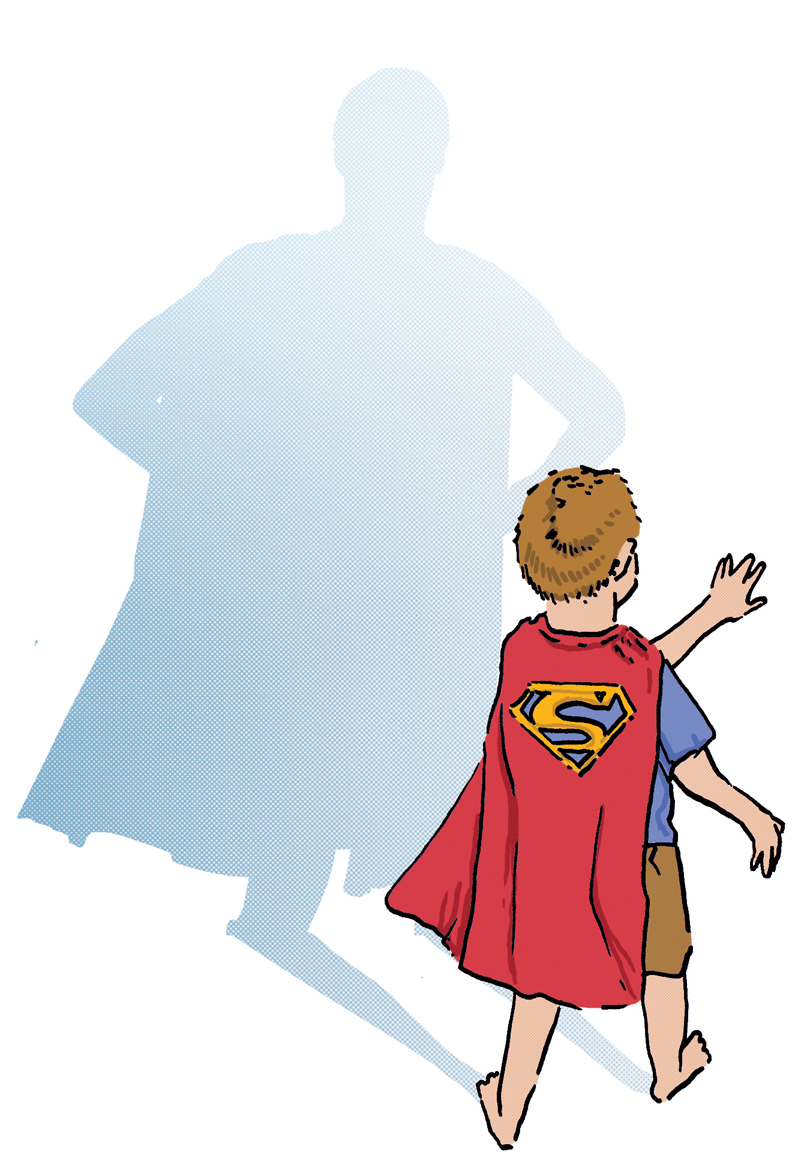In the mid-1980s, there was a movement to make comic books a more serious medium. Titles like Watchmen and The Dark Knight Returns were released, kicking off a stylistic trend that suddenly compelled every comic book to be dark and morally ambiguous, even if it was just a pointless affectation. On the whole, it was a very silly time for comics, as some of the “edgy” series launched in the late 1980s and early 90s (Witchblade, Shadowhawk, Youngblood — the titles tell you everything you need to know, really) will attest. But there were glimmers of brilliance here and there. One of the more overlooked heroes of this period was the 1987-90 incarnation of faceless superhero The Question under the deft authorial hand of Denny O’Neil.
The Question was originally created by Steve Ditko as a more marketable version of Mr. A, the character Ditko used as a mouthpiece for his extreme libertarian political views. The Question was a supporting player in a Charlton Comics title, and only ever got one issue to himself. But in 1983, Charlton was on the decline, and comics giant DC bought up a number of their characters, including The Question.
Comic writer Alan Moore pitched a story to them using the Charlton characters. DC liked the script Moore turned in, but since it killed off a number of the characters, making them unusable, they had him change all the names and do an original story. This series became Watchmen, and The Question was the inspiration for Rorschach.
It was around this time that Denny O’Neil began writing the Question series. Vic Sage — the hero’s alter ego — is an investigative reporter for the local television news station in Hub City. After exposing a group of criminals, he’s beaten and left for dead by their thugs. A free-agent assassin working for the criminals rescues him and takes him to recover and study under DC martial artist Richard Dragon. When he returns to Hub City, Sage is a changed man. He sets out to clean up the city as The Question, his only disguise being a mask that makes his face appear blank.
The Question wasn’t like other superheroes. He had no powers, no fancy costume, and no elaborate support network. Like Batman, he was a detective hero, but Batman has a unique ability to plan for any situation and so much money it’s not fair. Vic Sage as The Question was never even very smart. In some of his most memorable stories, he fails to stop the villains. At the end of the series, after a few years of struggle with very little effect, a battered, nearly dead Sage leaves Hub City behind as it descends into chaos. You often hear people criticize comics for being simplistic. They are sometimes, and certainly they were before the 1980s. But around this time, writers began to recognize more possible stories than “lantern-jawed hero in tights beats cackling villain.” Watchmen showed the possible consequences of a Superman-like figure being identifiably American (among so many other things). The Dark Knight Returns showed how easy it would be to recast Batman as an authoritarian thug.
This left us in a state of moral darkness. We couldn’t rely on our heroes anymore because the simple, one-word values they embodied could be a manipulative sham. Some embraced the darkness under the rationale that violence is totally awesome, and they created an unfortunate movement in the comic world.
Denny O’Neil’s Question was not a part of this movement. But he was never an all-American hero supremely convinced of his own righteousness, either. At a dark point in their history, he gave comics exactly what they needed — a curious, humble hero never quite sure of his self. Shortly before Batman was crippled and Superman killed, when the genre was dominated by characters who were heroes only in the sense that their name was on the cover, The Question carried the soul of comics.





